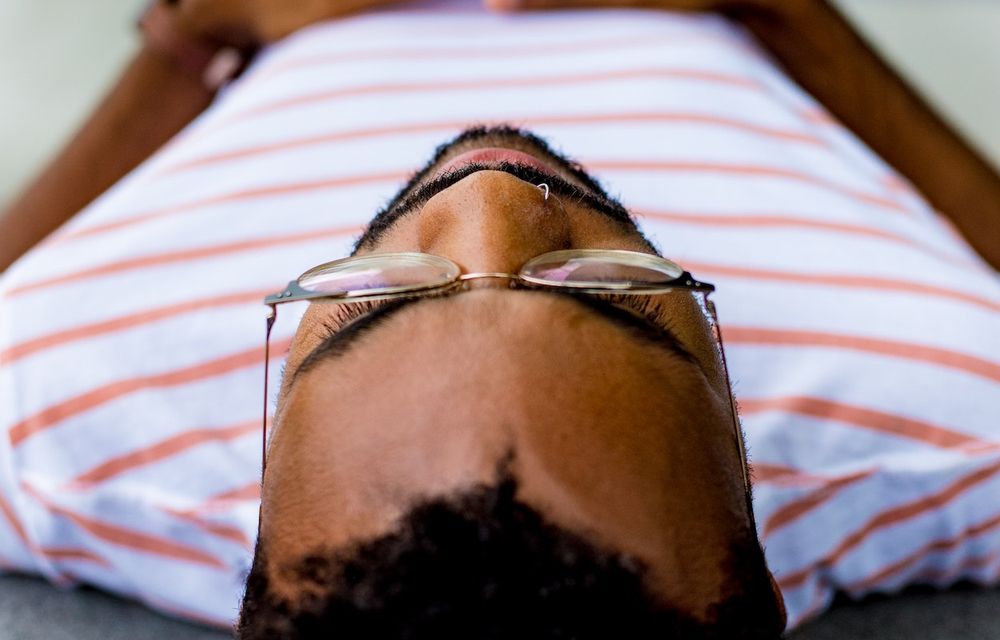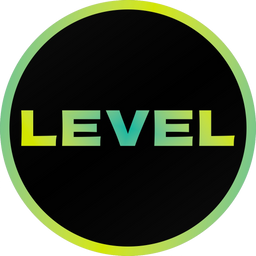Ketamine has been one of the most popular party drugs for years now. The dissociative drug is what youngbloods all over the country have been shoveling up their noses in dirty bathroom stalls deep into the night. However, Special K, as it’s sometimes called, can be used for much more than a good time. Medical professionals have administered the drug to help treat various forms of mental illnesses. The question is, how well does it work?
NBC News published a story on ketamine treatment clinics and describes the scene at the New York City location of Field Trip Health, a North American chain with nine locations. Though it’s a medical facility, it has a vibe more akin to a spa: tranquil music, garden decor, serene lighting, and pillows for meditation. Patients who seek treatment at these facilities get consultations and if it’s determined that ketamine is right for them, they are given shots (as opposed to snorting a powder, like how the street drug is taken) and guided along a psychedelic experience that alters the state of consciousness— basically a trip. Therapists meet with patients afterward to check in and see if the process is working. Numerous people have reported that these treatments help treat depression, anxiety, and various forms of trauma better than anything else they’ve tried. It’s been especially helpful for people who are described as treatment-resistant to the usual array of depression medications like Zoloft and Prozac.
Visiting clinics with infusion shots isn’t the only option, either. Doctors can prescribe a nasal spray, which can be covered by insurance, whereas the pricey clinical injections may not. At Field Trip Health, 24 months of injections over 13 sessions can start you at $5,250 and can get more expensive with a more intensive treatment.
Lynette Ebberts, a 66-year-old woman, told NBC the infusions have been a godsend. Figuratively and sort of literally. For four decades, she’s tried a charcuterie of antidepressant medications, but ketamine therapy is the one that took. In 2016, she had her first treatment. “I was so desperate to feel better. I thought trying something is better than not trying anything at all and end up taking my own life,” she said.
Ebberts told NBC each of her 45-minute infusions felt like a dream, with vibrant colors and shapes. During that first treatment, she saw herself as a little girl playing in the woods that she loved as a child, and then she saw her mother, who died two decades ago.
“I told her how much I loved her and how much I missed her, and I felt this unconditional love for her that I couldn’t quite feel when she was alive,” she told NBC. “Once it was over, that deep sadness that was in my body for so long was just gone.” That sounds like a good trip!
Ketamine infusion treatments are fairly new and there aren’t air-tight regulations on such, but outside of the myriad of positive testimonies, we don’t want anecdotes, we want research. There have been some very generous studies that make it seem like the efficacy of these treatments work wonders; one suggests ketamine can have a rapid effect on depression after just one month. Maybe this psychedelic treatment is a perfect cure for what ails us inside the head—free your mind and your ass will follow.


